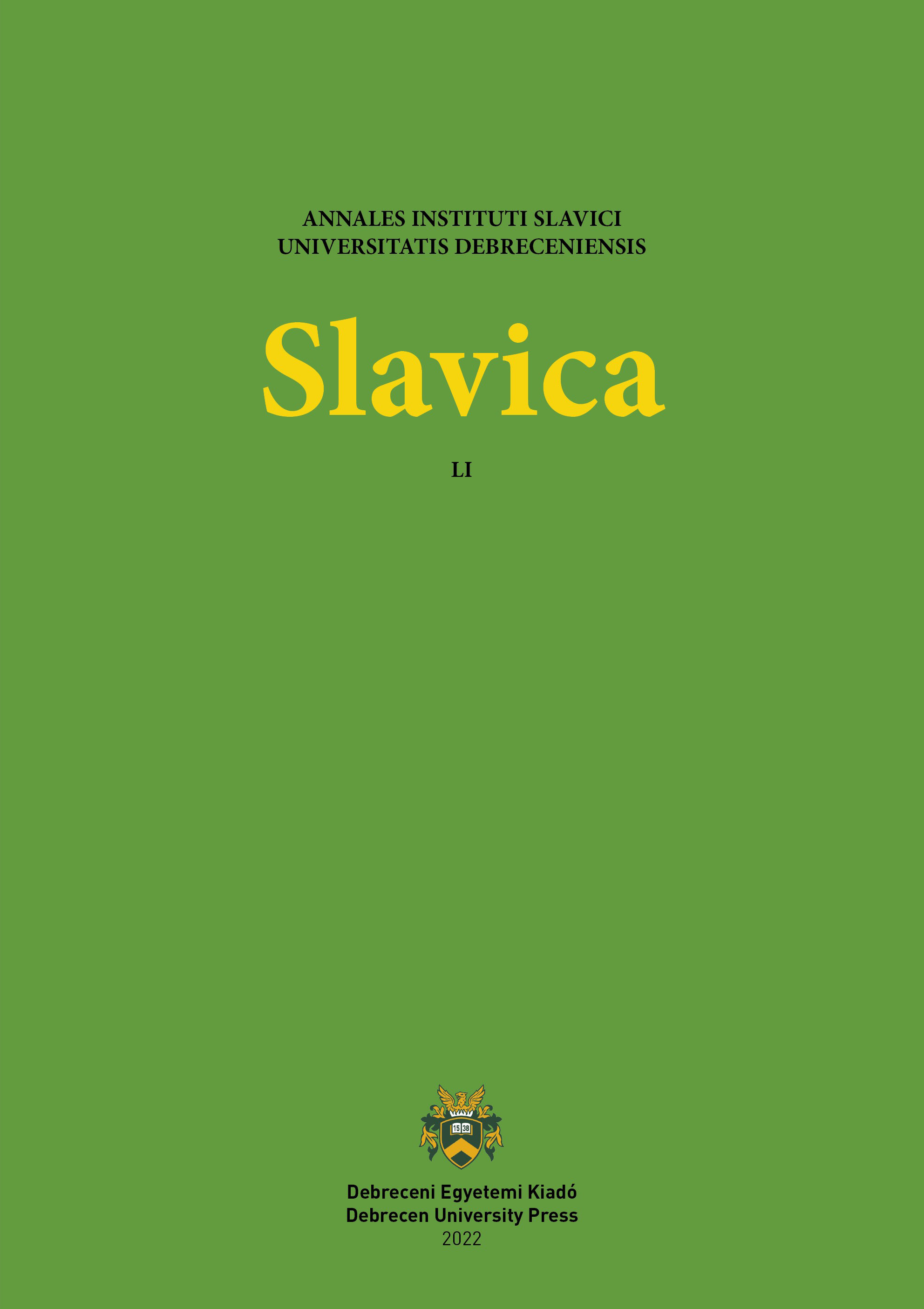“Hungarian Subject Matter” in Chekhov (The Short Story The Unnecessary Victory)
Author
View
Keywords
License
Copyright (c) 2022 Slavica

This work is licensed under a Creative Commons Attribution-NonCommercial 4.0 International License.
This is an open access article distributed under the terms of the Creative Commons Attribution License (CC BY-NC 4.0), which permits unrestricted use, distribution, and reproduction in any medium, provided the original author and source are credited.
How To Cite
Abstract
The paper considers “The unnecessary victory” as one of the notable works of the earliest stage of Chekhov’s creativity. The Hungarian theme of the story, inspired by the novels of Mór Jókai translated into Russian, and its plot, related to the traditions of the European career novel, address a wide audience. The young writer plays along with this reader with exotic narrative elements and delineates the difference between serious and marginal literature. This hoax, together with other skits of those years, reveals the young writer’s view of literary pursuits as an exciting game in which the main expectation is to be truthful and graceful. The same goals, according to Chekhov, characterize literature in general, regardless of the field of its competence and of the readership coverage.

 https://doi.org/10.31034/051.2022.05
https://doi.org/10.31034/051.2022.05